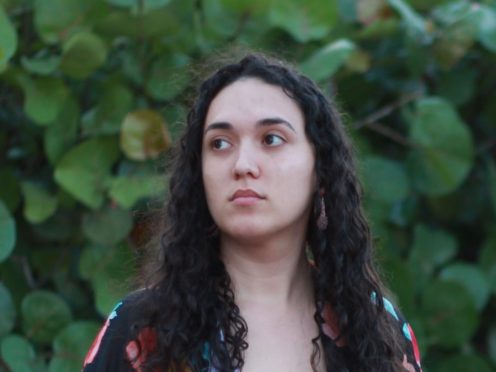Five short stories penned by female authors tackling issues including war and love, abuse and neglect have been announced as the regional winners competing for a global literary prize.
The contenders for Commonwealth Short Story Prize were chosen by an international judging panel, chaired by British novelist, playwright and essayist Caryl Phillips, from a shortlist of 21, after 5,081 entries were submitted from 50 Commonwealth countries.
The prize, awarded annually for the best piece of unpublished short fiction from the Commonwealth, is the only one where entries can be submitted in Bengali, Chinese, English, Greek, Malay, Portuguese, Samoan, Swahili, Tamil, and Turkish.
We would like to say a big thank you to all the writers who submitted entries, congratulate our 2019 shortlist, and say special thanks to our Chair Caryl Phillips and Panel of Judges, Mohammed Hanif, Karen Lord, Jennifer Nansubuga Makumbi, Courtney Sina Meredith and Chris Power pic.twitter.com/UJgWF6luIA
— Commonwealth Writers (@cwwriters) April 10, 2019
Mbozi Haimbe, who was born and raised in Lusaka, Zambia, and now lives in Norfolk, won the prize for Africa for her story Madam’s Sister, in which the arrival of a sister from London causes upheaval in a Zambian household.

Saras Manickam from Malaysia won the Asia prize for My Mother Pattu, a story story which explores a mother’s violent jealousy and envy towards her daughter, who finds that no one can protect her from the abuse except herself.

In Canada and Europe, the Cypriot writer Constantia Soteriou won for her story Death Customs, about mothers and wives in Cyprus who were led to believe that their loved ones were missing after the 1974 war, when the state had clear evidence of their deaths.
The story was translated by Nicosia-based translator and cultural critic Lina Protopapa.

Alexia Tolas, who was born and raised in The Bahamas, won the Caribbean prize for Granma’s Porch, in which the protagonist navigates the delicate border between adolescence and adulthood, guided by the past traumas of her friends and family and her troubled first love.
In the Pacific, the writer, artist and editor Harley Hern won for Screaming, in which a visit to a New Zealand care home forces two friends to confront deceit, identity and endings.

Phillips said: “Literature often debunks received wisdoms by offering us another lens through which we might look at ourselves and our world.
“At a time when much of our daily narrative is dominated by talk of borders and exclusion, fiction reminds us that we are all part of one global family and it is more important to connect than to separate.
“Furthermore, it’s not without significance that, in a world, and an industry, that is dominated by men’s voices, the regional winners of this year’s Commonwealth Short Story Prize are all women.”
The five regional winners’ stories will be published online in the run-up to the announcement of the overall winner by the literary magazine Granta.
Following publication by Granta, the winning stories will also be published in Adda, the online magazine for Commonwealth Writers, which runs the short story prize.
The overall winner will be announced in Quebec City on July 9 2019.
